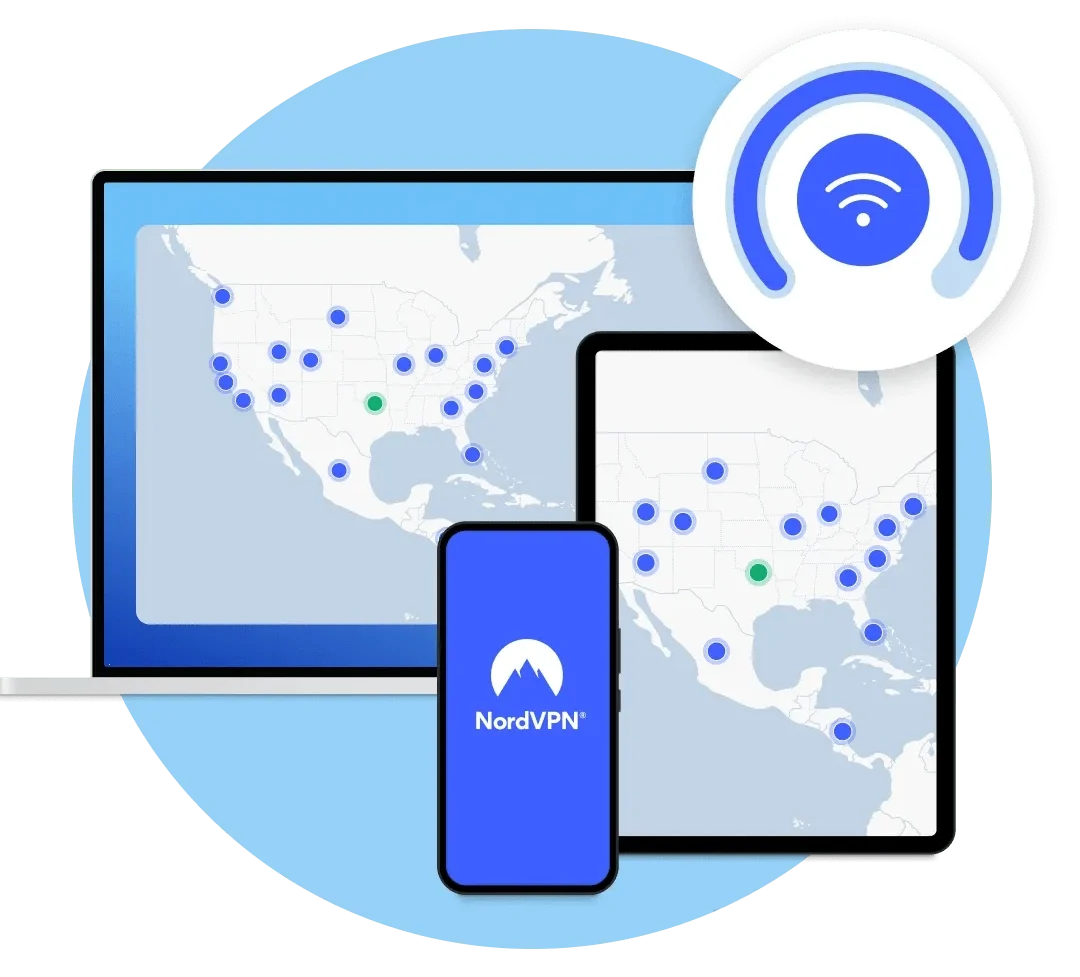Today’s world is evolving constantly and the digital world is a part of it that evolves at ever accelerating pace.
In all this rivalry, technologies not only bring more convenience to our life but also create a variety of troubles.
Yes, it’s beautiful that we can access anything in this world while being literally at any place where there is an internet connection, but it’s also true that we don’t know when our data is under threat, especially when we’re browsing the internet from a public network.
Luckily there is a solution to this issue which has as well a range of other useful applications — VPN hosting. What is this and how it can help us in today’s ever-changing world — let’s have a look.
What is VPN?
VPN stands for virtual private network and is a type of service where you are offered a connection to a virtual private network. In this way, your IP address and actual location become hidden, while you are allegedly located somewhere else.
At the same time, your data transmitted over the network is encrypted, so even your ISP cannot find out what you are actually doing, even if they would like to.
How does VPN protect you from cyber threats?
Considering these features of VPN there are the following ways how it can protect you from cyber attacks:
Man-in-the-middle attacks: Man-in-the-middle attacks are a type of attack that occurs when somebody gets access to the data while it’s transmitted between your device and the host. Your data is encrypted and the risk of it being intercepted and decrypted is minimized. This allows you to feel secure whenever browsing the web, even from an unprotected network.
DDoS attacks: DDoS attacks are a type of attack that uses artificially created extensive traffic to overload a device connected to the web and make it work slower or even freeze. Although most websites are the victims of such kind of attack, there are cases when single users get hit as well.
For example, in online gaming, some players can try to kick out a particular player using a DDoS attack. However, it needs a valid IP address to function. Otherwise, your device will avoid DDoS attacks and you’ll be able to continue gaming or any other of your activities without any delays or crashes.
Another one protects you from accidental data leaks with a kill switch which make sure that when you lose your connection you won’t lose your precious data..
Fake Wi-Fi spots: The main risk of using an open public Wi-Fi spot is that you never know whether it’s a real one or a fake one disguised as the Wi-Fi of a nearby cafe. This fake Wi-Fi can be in fact installed by hackers to steal the data of the visitors. However, if you use a VPN, your data arrives already encrypted to potential cyber thieves, and there is nothing they can do about it.
Remote hacking: In this approach, hackers try to get the IP addresses of the visitors of a given website. Afterward, they will try to hack the owners of the websites for further malicious machinations. However, again, if your IP address is hidden, what they see won’t be something they can work with.
All of the are very risky for you have to use a gambling VPN which protects you from all the thread party attackers or spying elements.
When a VPN can’t help?
Although VPN is indeed a useful tool, there are certain cases when it can save you anymore. This usually involves hackers getting access directly to your device. Let’s have a closer look.
Human factor
Although VPN can help you in many cases to keep hackers away, but if you let them in by yourself, it can get more complicated to get them out. This can happen, for example, if you click a random suspicious link on the internet while browsing without antivirus.
Malware
VPN protects you from the things that come from the outside. If a piece of malware ends up on your device in any of the possible ways, then the hackers will be able to perform their plan regardless of your VPN.
Phishing
Phishing is a type of attack that is performed by sending emails that look like an ordinary business or commercial emails but are in fact infected with dangerous links that may contain malware or reveal your login credential to cyber criminals. This is another type of attack that offers the hackers direct access to your device or your sensitive information and it’s not something a VPN can help against.
Hacking your VPN account
If the criminals hack your VPN account, it most likely won’t be able to help you anymore. Therefore, the best thing you can do is to invent a reliable password.
Now you can save your money on VPN with NordVPN/big money deal which not only lets you get VPN within your budget but also provides you the best security.
Conclusion
VPN is an indispensable instrument in today’s world as it can protect you from hacking by hiding your actual IP and locations and encrypting your data. However, you should be careful using it and avoid common mistakes that may give hackers access to your device. We wish you good luck, take care!
You May Also Read










